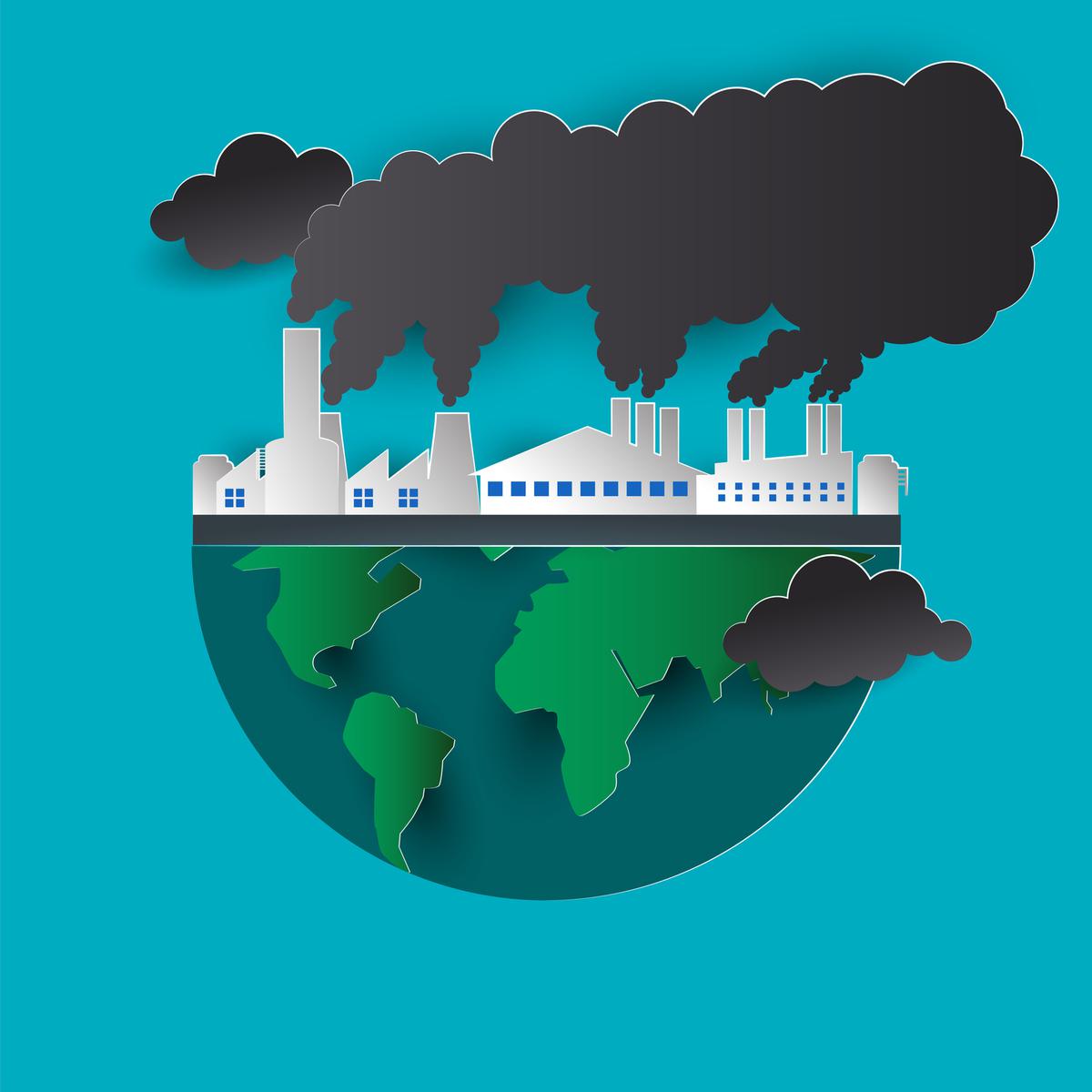Major take aways from latest IPCC Report
- In its latest assessment report, the Intergovernmental Panel on Climate Change (IPCC) has laid out several scenarios on the steps that ought to be taken to keep temperatures below 2°C.
- It warned that even temporarily exceeding the warming level of 1.5°C over the next two decades would mean additional severe impacts
About IPCC
- It is the United Nations body for assessing the science related to climate change.
- It was set up in 1988 by the World Meteorological Organisation (WMO) and the UN Environment Programme (UNEP).
- Its main activity is to prepare Assessment Reports, special reports, and methodology reports assessing the state of knowledge of climate change.
Procedure followed to prepare IPCC assessment reports
- Scientists from around the world including India are part of the Working Group of the IPCC.
- They analyse the various interventions that can be made to ensure that temperature rise by the end of the century is minimal.
- The group does this by assessing the most credible, updated literature on the scientific, technological, environmental, economic and social aspects of mitigating the impact of climate change.
- This specific group studies social developments, such as decisions taken at the annual Conference of Parties (COP), progress on clean energy technologies and availability of finance.
- These scientists place the data in the context of climate science and analyse the role played by various groups such as forest communities, indigenous tribes and businesses, in addressing climate change
- They finally recommend steps that must be taken over three periods: until 2030, until 2050 and until 2100, on what needs to be done to limit temperature rise.
Key messages of latest Report
- GHG Emissions: Total net anthropogenic GHG (greenhouse gas) emissions have continued to rise from 2010–2019, as have cumulative net CO2 emissions since 1850.
- Average annual GHG emissions during 2010-2019 were higher than in any previous decade, but the rate of growth between 2010 and 2019 was lower than that between 2000 and 2009.
- By 2019, the largest growth in absolute emissions occurred in carbon dioxide from fossil fuels and industry followed by methane.
- Financial Flows: Tracked financial flows were still falling short of the levels needed to achieve mitigation goals across all sectors and regions.
- The challenge of closing gaps was largest in developing countries as a whole.
- Increasing financial flows can be supported by clear policy choices and signals from governments and the international community
- According to the scientists, limiting warming to around 1.5°C requires global greenhouse gas emissions to peak before 2025 at the latest and be reduced by 43% by 2030; at the same time, methane would also need to be reduced by about a third.
- Even if this happened, it is almost inevitable that this ceiling would be temporarily breached but, with appropriate action, it could again dip by the end of the century.
- Global temperature: it will stabilise when carbon dioxide emissions reach net zero.
- For 1.5°C, this meant achieving net zero carbon dioxide emissions globally in the early 2050s; for 2°C, it is in the early 2070s.
- Even limiting warming to around 2°C would still require global greenhouse gas emissions to peak before 2025 at the latest and be reduced by a quarter by 2030
Implications of the report for India
- The report’s warning against opening new coal plants is of relevance to India.
- The panel finds that all coal-fired power plants, without the technology to capture and store carbon (CCS), would need to be shuttered by 2050 if the world aspired to limit global temperature rise to 1.5°C.
India’s stand on use of Coal
- It has committed to a net-zero year, or when it would cease to be a net carbon dioxide emitter, of 2070
- It has defined a pathway to transition to renewable energy sources
- But it has also insisted on its right to coal use given its developmental needs as well underlining that the historical responsibility of climate change from fossil fuel rested with the developed countries, who needed to shoulder much of the mitigating burden.
- It has “welcomed” the recent report and said it recognises India’s position that developed countries must do more to mitigate climate change.
Exam Track
Prelims take away
- IPCC
- Conference of Parties (COP)
- WMO
- UNEP
Mains Track
Q Discuss about IPCC and key messages highlighted by its latest assessment report and its implications for India.


